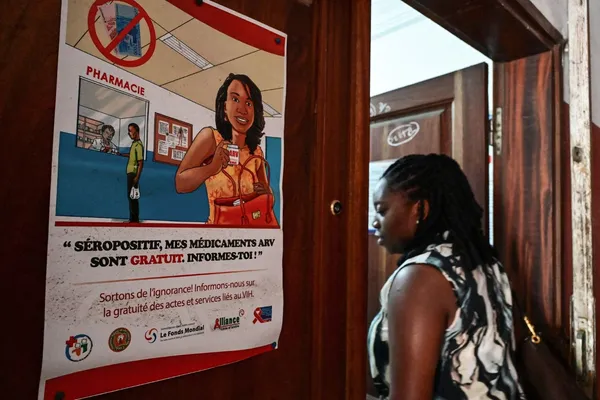A new visa policy from several European countries promises to make travel easier for many Africans, but beneath the surface, questions remain about how broadly the benefits will be felt. France, Germany, Italy, Spain, the Netherlands, Greece, and Belgium are now offering a five-year multiple-entry Schengen visa to eligible travelers, including citizens of Nigeria and Ghana. At first glance, this appears to be a generous shift that could foster stronger ties between Europe and Africa. Yet the fine print, combined with Europe’s long record of restrictive immigration measures toward Africans, paints a more complicated picture.
The five-year visa allows its holder to enter any of the 29 Schengen countries multiple times, with each visit capped at 90 days within any 180-day period. Over the five years, this can total up to 450 days. It eliminates the need to apply for a new visa before each trip, a process that has long frustrated African travelers who often face cumbersome paperwork and high rejection rates. The new arrangement primarily targets frequent travelers such as business executives, tourists with a solid travel history, and people visiting family members living in Europe.
On paper, the benefits are clear. Less bureaucracy means travelers can plan more spontaneously and avoid paying repeated visa fees, which currently stand at €90 for adults per application. Frequent visitors from African countries that have strong family, business, or educational links to Europe will find their lives significantly easier. This could translate into more predictable travel for entrepreneurs who depend on meetings and trade fairs, and for families split between continents.
But the reality is more nuanced. The eligibility requirements are steep and automatically exclude large numbers of African travelers. To qualify, applicants generally need to have held a two-year Schengen visa within the past three years, have traveled to the Schengen area multiple times without violating visa rules, and demonstrate financial capacity to fund future visits. A spotless history of following immigration laws is essential.
This sets a high bar for many. In practice, it means the new visa caters mostly to a small group of well-off or already well-traveled individuals. Most first-time applicants from Africa, or those who have not recently secured multi-year Schengen visas, will find themselves shut out. The process still demands extensive documentation: proof of accommodation, financial statements, a detailed travel plan, travel insurance, and often a convincing cover letter justifying the long-term need.
Moreover, while European governments tout this as a step toward stronger ties with Africa, they avoid mentioning the broader context. Europe continues to run tough border control regimes that overwhelmingly impact African citizens. Visa rejection rates for Africans are consistently higher than for applicants from other continents. Many Africans also report feeling they are treated with suspicion at consulates, facing burdensome questions and delays that are less common for wealthier or Western applicants.
What is not said in official statements is equally revealing. There is little acknowledgment that Europe’s migration debate remains highly charged, with political parties across the continent pushing for tighter controls. The new visa rules do not change the core philosophy that travel from Africa to Europe must be tightly managed and heavily documented. Nor do they address the deeper inequalities in mobility that shape global travel.
For prospective African applicants, this means the new visa is both an opportunity and a reminder of persistent barriers. Those who qualify may gain a valuable tool for mobility, saving money and time over five years of travel. However, most will still have to navigate the usual hurdles of applying for short-term visas, facing the same scrutiny and risks of rejection.
Analysts point out that while the visa could foster more business exchanges and family connections, its likely impact on broader migration or even tourism flows will be limited. It also does little to soften the EU’s overall tough stance on irregular migration, which often places Africans at the center of political controversies. In this way, the visa policy is careful to extend privileges to a narrow segment while maintaining strict controls over who can come and stay.
As Europe seeks to deepen partnerships with African nations, especially in trade and security, moves like this visa scheme are framed as goodwill gestures. Yet for many on the continent, they serve as a reminder that access remains deeply unequal. Europe’s promise of openness is selective, favoring those who have already navigated the maze of prior visas and who possess the economic means to prove they can come and go without overstaying.
Ultimately, the new five-year Schengen visa represents a meaningful improvement for a lucky few. It reduces hassle, cuts costs over time, and signals a willingness to ease travel for trusted visitors. But for the vast majority of Africans who dream of visiting Europe, either for business, education, or family reasons, the core obstacles are unchanged. The policy may open doors—but only for those who have already found a way to unlock them.




